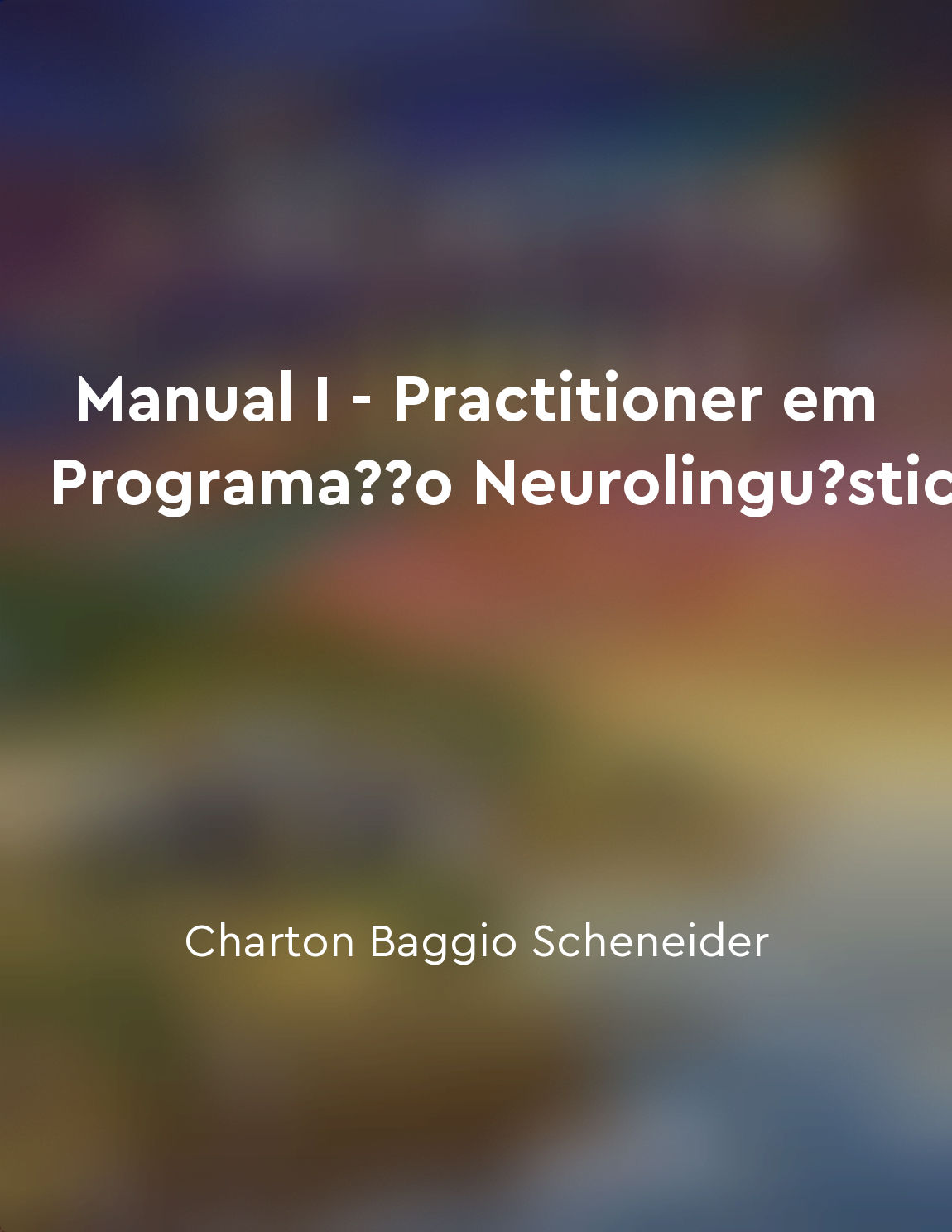Expressives convey the speaker's emotions or attitudes from "summary" of How to Do Things with Words by John Langshaw Austin,J. L. Austin
When we use language, we are not always simply conveying information or making statements about the world. Sometimes, we are also expressing our own feelings, emotions, or attitudes towards the things we are talking about. This type of speech act is known as an expressive. Expressives are a crucial part of our linguistic repertoire because they allow us to communicate not just facts, but also our personal reactions and responses to those facts. For example, when we say "I'm thrilled to be here" or "I'm so disappointed in your behavior," we are not just reporting on our emotional state – we are actively expressing our emotions in a way that can have a real impact on the listener. One key characteristic of expressives is that they are closely tied to the speaker's own subjective experience. Unlike constatives, which can be true or false based on objective criteria, expressives are true insofar as they accurately reflect the speaker's genuine feelings or attitudes at the time of speaking...Similar Posts
Be aware of cultural differences in body language
Understanding cultural differences in body language is crucial when trying to read a person like a book. Different cultures hav...
Practice mindfulness and presence
To truly understand the concept of mindfulness and presence, it is important to recognize that these two qualities are not just...
Linguistic meaning is not fixed but contingent on usage
The meaning of a word is not something that is inherent in the word itself, but rather is dependent on how it is used in a give...

The study of language involves analyzing sound patterns, word meanings, and sentence structures
The study of language is a multifaceted field that encompasses various aspects of communication. One fundamental aspect of this...
Mirror neurons play a role in empathy
Mirror neurons, those fascinating cells in our brains that fire both when we perform an action and when we see someone else per...
Avoid making assumptions about the other person's intentions
When engaging in crucial conversations, it is essential to refrain from jumping to conclusions about the intentions of the othe...
Develop your communication skills through practice
To improve your communication skills, one essential step is to engage in regular practice. Just like any other skill, communica...
Communication is key in relationships
The importance of communication in relationships cannot be overstated. It is the foundation upon which all meaningful connectio...
Habilidades sociales son fundamentales en el éxito
Social skills are crucial for success in both personal and professional life. Being able to effectively communicate, collaborat...

Using reframing to change perspectives
Reframing is a powerful tool in NLP that allows us to shift perspectives and see situations in a different light. By changing t...
